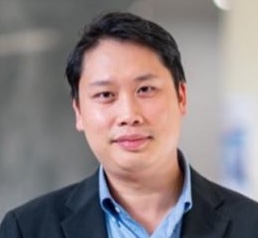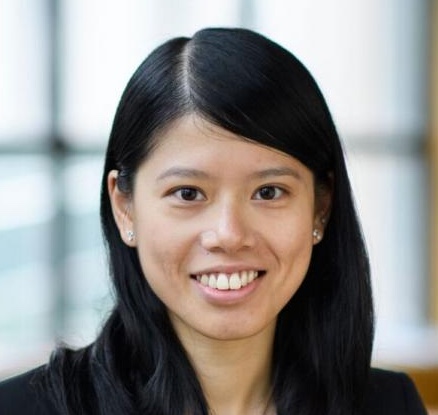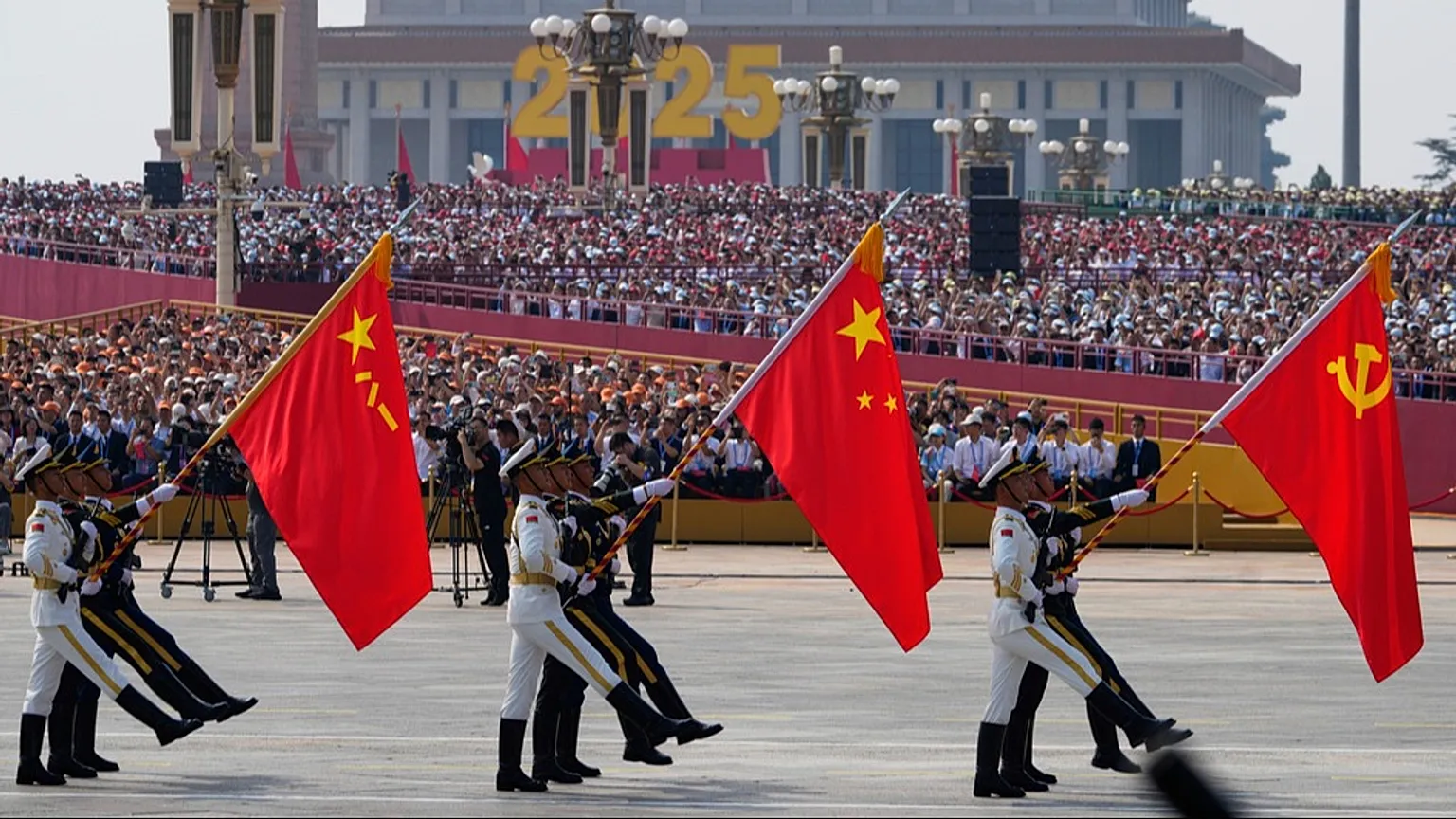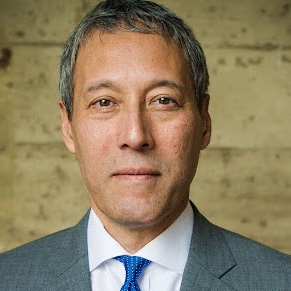What Does China Want?
“What Does China Want?” is a perennial question in the US foreign policy firmament. The answer, however, more often reflects the hopes, fears, and insecurities of American officials and commentators than of well-grounded inquiry into China’s goals and motivations.
A new article coauthored by David C. Kang, Jackie S. H. Wong, and Zenobia T. Chan takes a different approach and draws notably less alarming conclusions than is typically the case. It immediately became a lightning rod of controversy among China watchers. Some praised the methodology but others claimed serious problems of interpretation or blindspots in the evidence. In conversation with Jake Werner, director of the East Asia Program at the Quincy Institute, the authors will discuss their reasoning, respond to their critics, and suggest the implications for US policy toward China.
The conversation will take place on Thursday, September 25th from 1:00–2:00 PM Eastern Time.
Program
Topics
Countries/Territories
Panelists
David C. Kang is a non-resident fellow at the Quincy Institute and Maria Crutcher professor of International Relations at the University of Southern California, with appointments in the Department of Political Science and International Relations, East Asian Languages and Cultures and in the Marshall School of Business. Kang is also director of the USC Korean Studies Institute and vice-chair of the Political Science and International Relations department. He has authored six scholarly books, and has published articles in journals such as International Organization, International Studies Quarterly, Journal of Conflict Resolution, and International Security.

Jackie S. H. Wong
Jackie S. H. Wong is an assistant professor at the Department of International Studies at the American University of Sharjah in the UAE. His research focuses on the intersection between political communication and international security, with a regional focus on Asia. His book project explores the strategic relationship between China’s official rhetoric and crisis response. Wong recieved his Ph.D. in Political Science and International Relations from the University of Southern California in August 2024. Before receiving his Ph.D., he was a teaching associate at the Division of Social Science at Hong Kong University of Science and Technology.

Zenobia T. Chan
Zenobia T. Chan is a researcher in international relations, focusing on economic statecraft, as well as influence and information operations. She also develops machine learning methods for estimating heterogeneous treatment effects in experimental and observational data. Her book project "Alms and Influence" examines when economic inducements — such as foreign aid, large-scale investment initiatives, and discounted sales of natural resources — can buy influence abroad. She holds a PhD in Politics from Princeton and has taught at Columbia, Georgetown, Oxford, Princeton, and the Institute for Qualitative and Multi-Method Research (IQMR). Chan also led an analytics team at Google and worked at the United Nations, World Bank, and OECD on development assistance, infrastructure financing, and industrial policy.
Jake Werner is director of the East Asia Program at the Quincy Institute. His research examines the emergence of great power conflict between the US and China and develops policies to rebuild constructive economic relations. Prior to joining Quincy, Jake was a Postdoctoral Global China Research Fellow at the Boston University Global Development Policy Center, a Harper-Schmidt Fellow at the University of Chicago, a Fulbright Scholar at National Chiao Tung University in Taiwan, and a Fulbright-Hays Fellow at East China Normal University in Shanghai. He received his Ph.D. in history from the University of Chicago.



